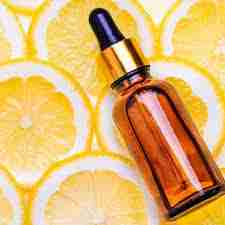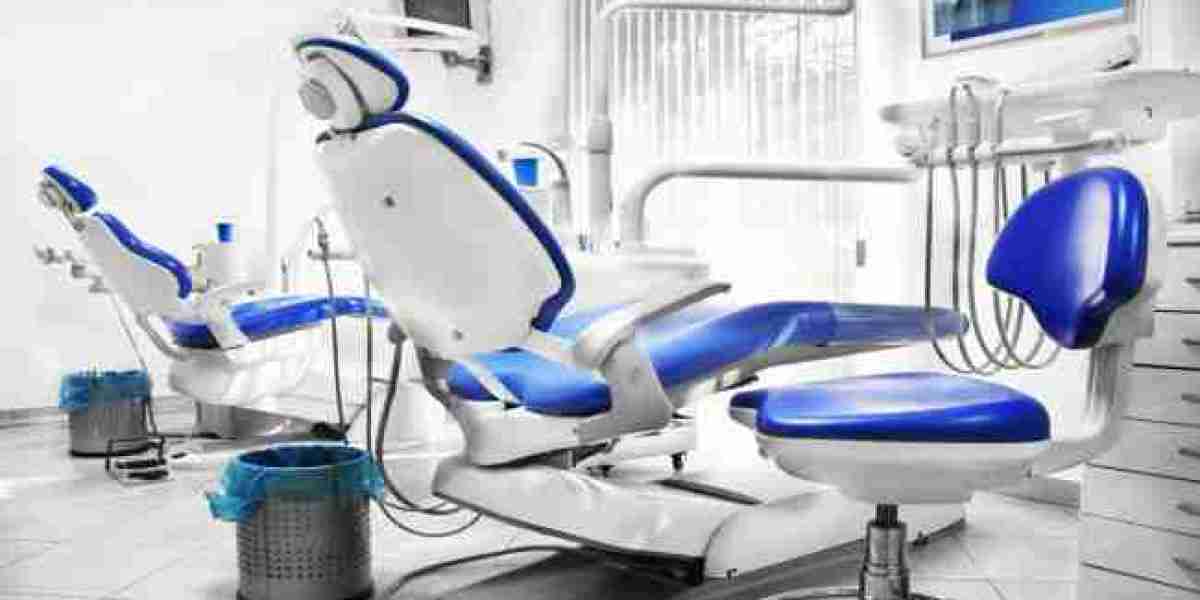The anti-ageing serum market is undergoing a dynamic transformation, propelled by rapid scientific advancement, consumer demand for results-driven products, and the rise of high-tech beauty solutions. As the global population becomes increasingly aware of skincare health and aesthetic longevity, brands are racing to innovate, bringing the next generation of anti-ageing serums to life.
In 2025 and beyond, innovation is not just a trend—it's a necessity for survival and differentiation in a competitive market. This article explores the major innovations reshaping the anti-ageing serum market and how these advancements are setting new benchmarks for efficacy, safety, and consumer satisfaction.

1. Biotechnology: The Backbone of Modern Serum Formulation
One of the most revolutionary developments in the anti-ageing serum market is the integration of biotechnology. This scientific field is now central to creating advanced ingredients that are clinically effective, ethically sourced, and skin-compatible.
Key Innovations Include:
Peptide engineering, which allows precise targeting of collagen regeneration and skin firming.
Recombinant growth factors that stimulate skin cell renewal without animal-derived materials.
Plant stem cell extracts, offering antioxidant protection and rejuvenation without the ethical concerns of human stem cells.
Microbiome-friendly actives that support healthy skin barrier function.
Biotech innovations enable brands to offer serums with proven anti-ageing effects while maintaining clean, sustainable practices—an increasingly important factor for discerning consumers.
2. AI-Driven Personalization and Smart Skincare Platforms
Artificial Intelligence is taking personalization in the anti-ageing serum market to a new level. Today’s consumers don’t just want a good serum—they want one customized to their unique skin needs, environment, and lifestyle.
AI Innovations in Skincare Include:
Smart diagnostic tools via mobile apps that analyze skin through selfies or connected devices.
Machine learning algorithms that recommend ideal active ingredient combinations.
Customized formulation engines that create bespoke serums based on real-time data.
Interactive chatbots and virtual skincare advisors for guided product use and follow-up care.
This shift toward AI-driven skincare solutions creates a hyper-personalized experience, increasing both consumer loyalty and product effectiveness.
3. Advanced Delivery Systems for Deeper Penetration
A key challenge in anti-ageing skincare is ensuring that potent ingredients actually reach the deeper layers of the skin, where ageing begins. Innovative delivery technologies are addressing this barrier with impressive results.
Emerging Delivery Technologies:
Encapsulation: Using liposomes or nano-capsules to protect active ingredients and release them slowly over time.
Microfluidics: A technique that allows precise mixing and application of actives just before use.
Transdermal patches infused with serums for controlled ingredient delivery.
Microneedling serums that work with derma-rollers or microchannel devices to enhance absorption.
These delivery systems enhance bioavailability, meaning the actives are not just present—they’re performing as intended beneath the surface.
4. Clean, Green, and Transparent Formulations
Today’s consumers demand more than results—they want products that align with their values. Clean beauty has shifted from a niche to a mainstream movement, and innovation in the anti-ageing serum market is reflecting that change.
Notable Clean Beauty Trends:
Vegan and cruelty-free formulations using plant-based or lab-synthesized actives.
Biodegradable and refillable packaging that reduces environmental impact.
Free-from lists avoiding parabens, silicones, sulfates, artificial dyes, and fragrances.
Sustainably sourced botanicals, supported by transparent supply chains.
These innovations not only appeal to eco-conscious consumers but also position brands as ethical leaders in the global beauty space.
5. Hybrid Products: Where Skincare Meets Wellness
Another exciting innovation is the rise of skincare-wellness hybrids, where anti-ageing serums incorporate holistic health elements to support skin from the inside out.
Examples of Hybrid Innovation:
Adaptogenic ingredients like ashwagandha or reishi mushroom for stress-induced ageing.
Probiotic-infused serums for balancing the skin microbiome.
Vitamin-enriched formulations delivering nutrients like B3, C, and E in potent doses.
Mood-enhancing scents through aromatherapeutic essential oils, targeting emotional wellbeing alongside skin care.
These multi-functional serums provide a holistic beauty solution, merging self-care with advanced dermatology.
6. Clinical and Dermatologist-Led Innovation
The boundary between cosmetic skincare and medical-grade dermatology is blurring, giving rise to clinically-backed serums that offer near-prescription-level performance without requiring a doctor’s visit.
Professional-Grade Advances Include:
Retinoid alternatives like bakuchiol that mimic the effects of retinol with fewer side effects.
High-dose actives validated by peer-reviewed studies.
Post-procedure serums designed for use after microneedling, laser treatments, or chemical peels.
Doctor-formulated brands, co-created with board-certified dermatologists or plastic surgeons.
These clinical innovations enhance credibility and appeal to results-focused consumers who demand science-first skincare.
7. Inclusive Innovation: Expanding to All Skin Tones and Types
The industry has made significant strides toward inclusive innovation, ensuring that anti-ageing solutions are effective and safe for melanin-rich skin, sensitive skin, and different age groups.
Inclusivity in Innovation Looks Like:
Formulations that address hyperpigmentation without lightening skin.
pH-balanced serums for sensitive and allergy-prone skin.
Innovations for men’s skin, which tends to be thicker and oilier.
Cultural relevance in packaging and communication, ensuring global accessibility.
This emphasis on inclusivity helps brands expand their consumer base while creating a more equitable skincare industry.
Conclusion: Innovation as a Catalyst for Sustainable Growth
The anti-ageing serum market is no longer just about reducing wrinkles—it’s about smart science, sustainability, inclusivity, and personalization. Innovations in biotechnology, delivery systems, AI, and clean beauty are helping brands create more targeted, effective, and ethical solutions for ageing skin.
As we look ahead to 2025 and beyond, the brands that will lead the industry are those who embrace science-led innovation, listen to evolving consumer demands, and invest in forward-thinking R&D. The market is not just growing—it's transforming, and innovation is the key driver of this evolution.



